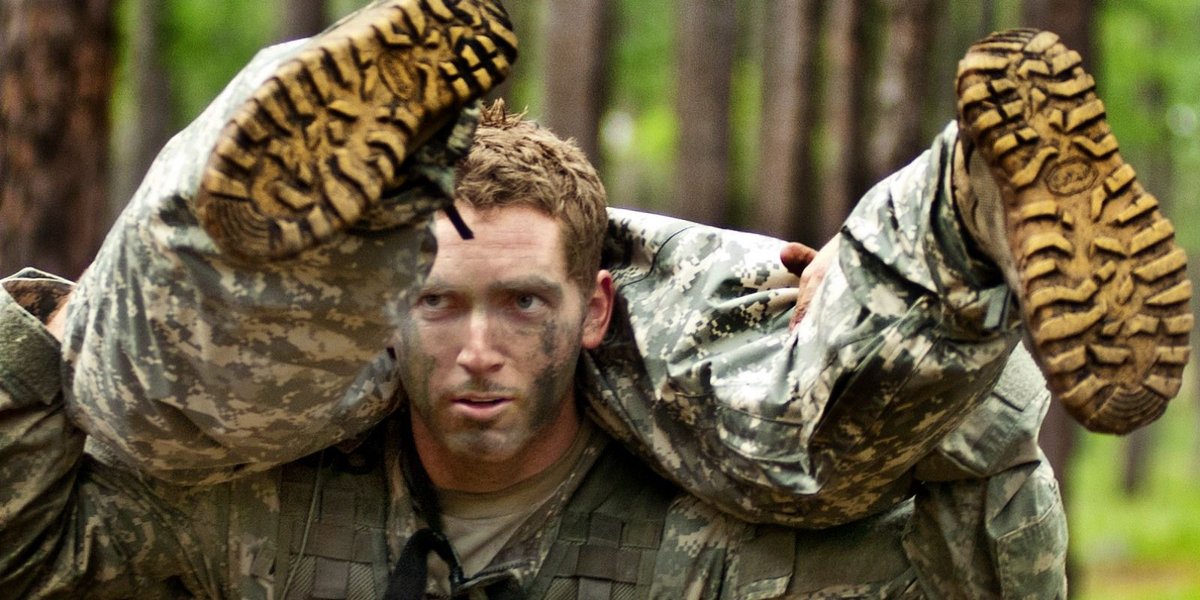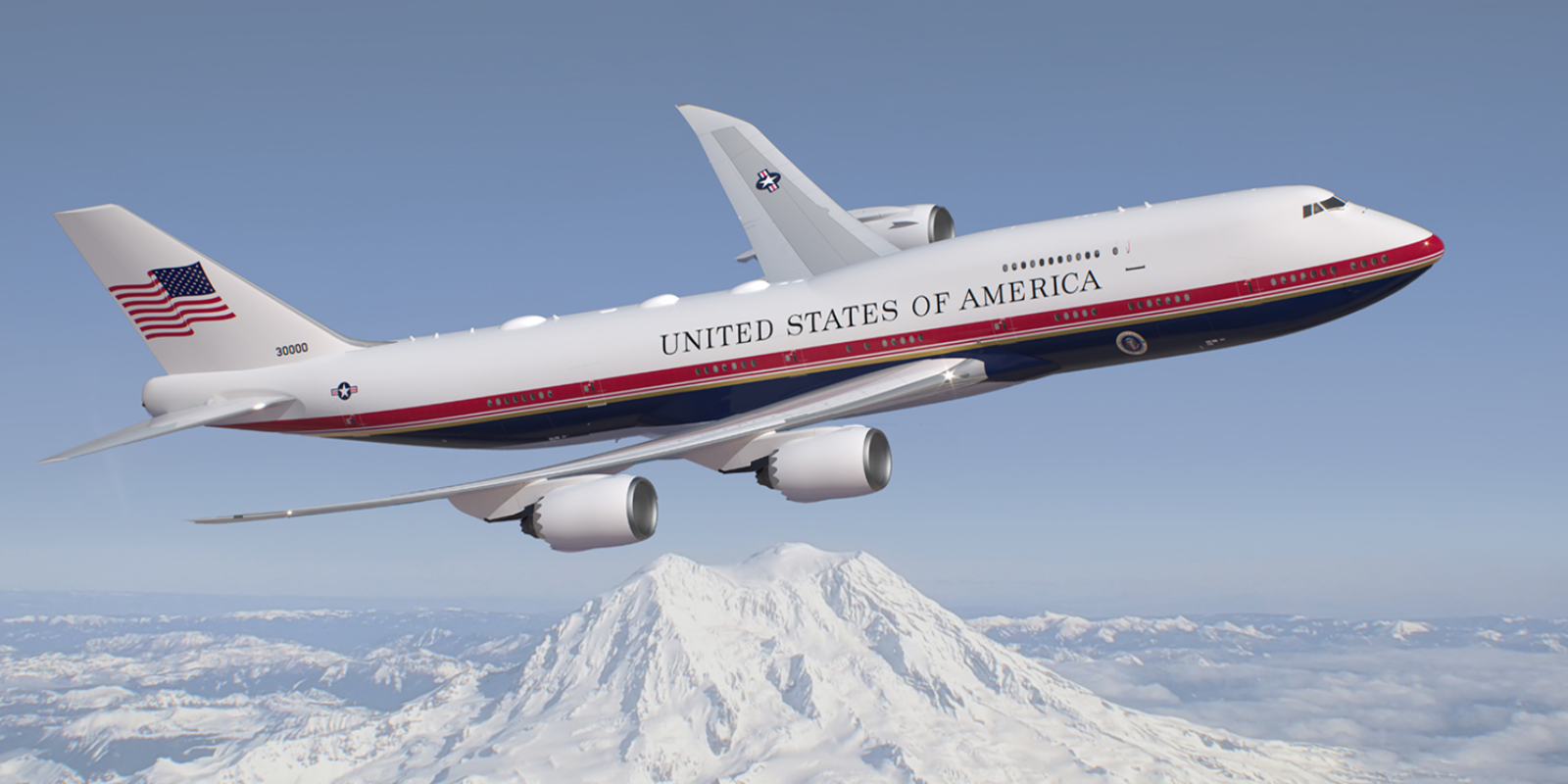THE COMPLETE GUIDE TO THE SPECIAL FORCES QUALIFICATION COURSE
By Buddy Blouin
COMMENT
SHARE

Advertisement
Becoming a part of the U.S. military means joining the strongest force in the world, but for some, their military careers go even further. Entering the world of Special Ops is no easy task and for troops looking to advance, the Special Forces Qualification Course (SF Q Course) is the first step. For those who make it, and the Special Forces Qualification Course failure rate is extremely high, they gain the necessary skills to dominate warzones through specialized skills across both specific and wide-ranging terrain. The result is a lethal force fine-tuned for battle and almost impossible to stop.
Related: What To Know Before Joining Special Forces Training
How Long is Special Forces Qualification Course?
The length of the Special Forces Qualification Course (SFQC) may vary for a number of reasons, but it’s safe to say that a year is a good starting point. Those enduring this training will be subjected to a number of phases that can depend on the route taken and the branch of service. Some Q Course Special Forces training can last 53 to 63 weeks, if not more.Breaking Down the SF Q Course
Breaking down the Special Forces Qualification Course schedule can help better showcase the timeline troops can expect to undertake. Overall, how your experience will be can vary for a number of reasons, but primarily, you’ll be training at Camp Mackall and Fort Bragg for the duration of the SF Q Course. Here’s an overview: The Special Forces Preparation Course is 6 weeks and is meant to equip you for the rest. Here, you’ll be training to get not only physically conditioned for your journey but also to develop specific related skills while being tested on your aptitude for acquiring these baseline skills. The Special Forces Assessment and Selection (SFAS) then takes place, giving way to the first phase of the Special Forces Qualification Course. This is a 24-day training session at Camp Mackall where there are several long-distance land navigation courses. You’ll need to navigate difficult terrain without help while carrying heavy equipment, and moving within the course time limits. Additionally, team challenges are also conducted at this time ranging from intense physical training to mental challenges. Breaking things down further, the Army Special Forces Qualification Course actually touches on skillsets from the various branches. These courses come in different phases and each has its own module: Course Orientation and History is Phase I and lasts 7 weeks. The course consists of six modules:- Module A – Introduction to Unconventional Warfare
- Module B – Introduction to Special Forces
- Module C – Airborne Operations and Refresher
- Module D – Special Forces Planning
- Module E – Operational Culture and Regional Analysis
- Module A – Special Forces Mission Analysis and Planning
- Module B – Adaptive Thinking and Interpersonal Skills
- Module C – SR/DA
- Module D – Foreign Internal Defense/Counterinsurgency
- Module E – Unconventional Warfare
- Module F – Advanced Special Operations
- Module J – MOS Cross Training
- Module A – Light Weapons
- Module B – Heavy Weapons
- Module C – Tactics
- Tactics FTX
- Module A – Demolitions
- Module B – Construction
- Module C – UXO/IED
- Module D – Reconnaissance
- Module E – Engineer Field Training Exercise
- Module A – Course Orientation
- Module B – Computer Applications
- Module C – Communications Procedures
- Module D – Radios Common to the Army
- Module E – Satellite Communications
- Module F – Communications Planning
- Module G – High-Frequency Communications
- Module I – Field Performance
Advertisement
For Special Forces, Practice Makes Perfect
The ability of the United States to prepare for its military operations helps our Armed Forces execute at a high level. This is showcased in the training, preparation, and high standards, seen in areas such as the Army Q Course. But there is more to it than just training to reach such high standards, you also have to maintain them. Tests to ensure that those operating as Special Forces maintain their skills are important also. However, taking things even further is the ability of the U.S. military to train for specific Special Force operations. This has been leveraged in various missions, including the use of the Harvey Point Defense Testing to help prepare SEAL Team Six for its raid on Osama Bin Laden’s compound. There have been other examples in which U.S. Special Forces have used various locales to rehearse their operations down to minute details. But each one results in a prepared, well-organized group of fighters thanks to the dedication, skill development, infrastructure, and intel provided.Tips for Passing the Special Forces Qualification Course
As you can imagine, passing the SF Q Course is no easy task. The Special Forces Qualification Course failure rate is around 75%, so being prepared is critical. Here are some great tips that can help you achieve what most cannot:- You’re going to need to be mentally tough. That means being capable of doing the hard tasks even on a bad day.
- Prepare to run. Prepare to run fast. Prepare to run long distances. Training for different types of running will go a long way in preparing your body for the challenge. You’ll also want to get ready to do this with a heavy rucksack filled with equipment.
- You’ll also want to gain strength. This means training your legs but also your back, core, and anything else that has a muscle. Train for both strength and endurance.
- Apply your physical training to other disciplines than running and working out. This means being prepared for repetitive movements, standing all day, swimming, etc.
- Knowing how to navigate is one of the first things you’ll have to prove in the SFAS process and doing so effectively can also help you save time. In a world of GPS, it’s still important to know how to use a compass and read a map.
- Mix up your workouts. Things such as Crossfit can also be helpful as ways to challenge your body in new ways. A sentiment that becomes all too normal during the SFAS process.
Join the Conversation
Written by
Buddy Blouin
Buddy Blouin is a Contributing Writer at VeteranLife.com
Buddy Blouin is a Contributing Writer at VeteranLife.com
Advertisement
SHARE:



